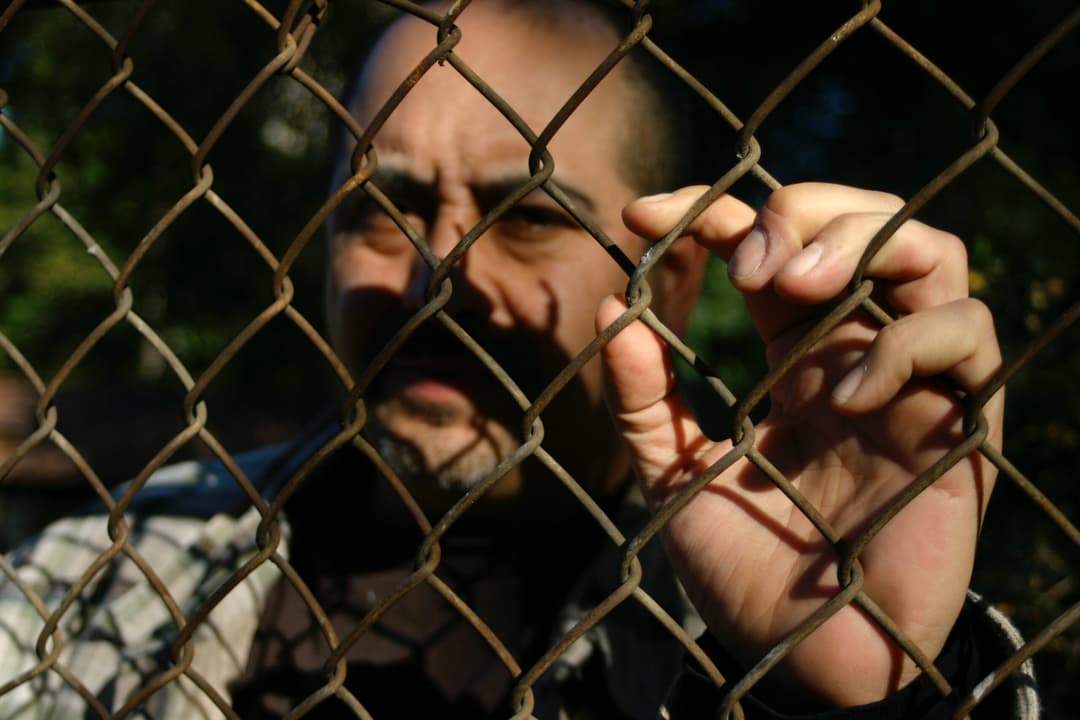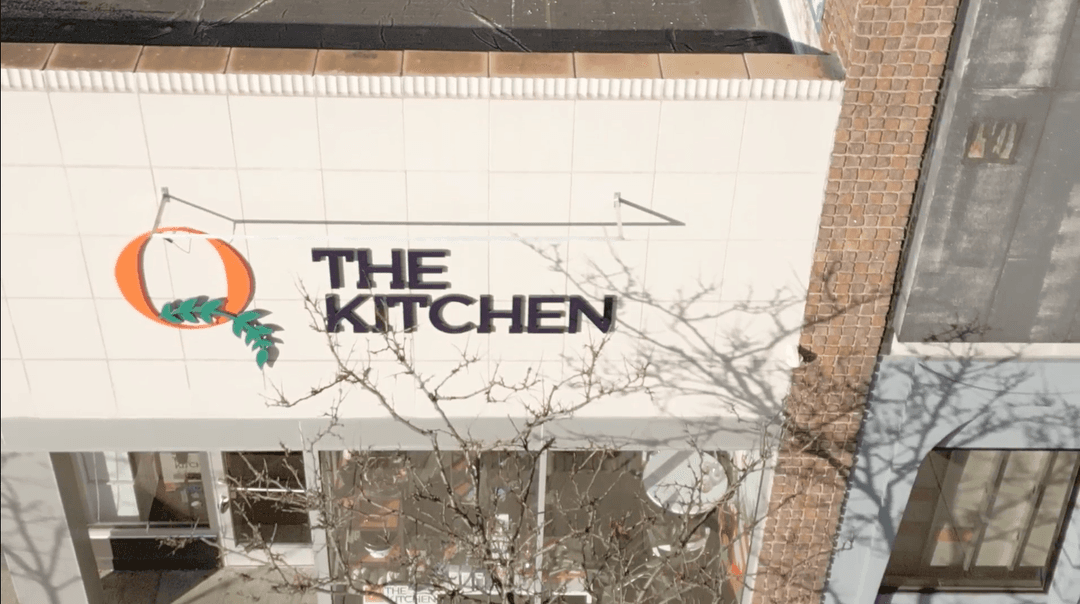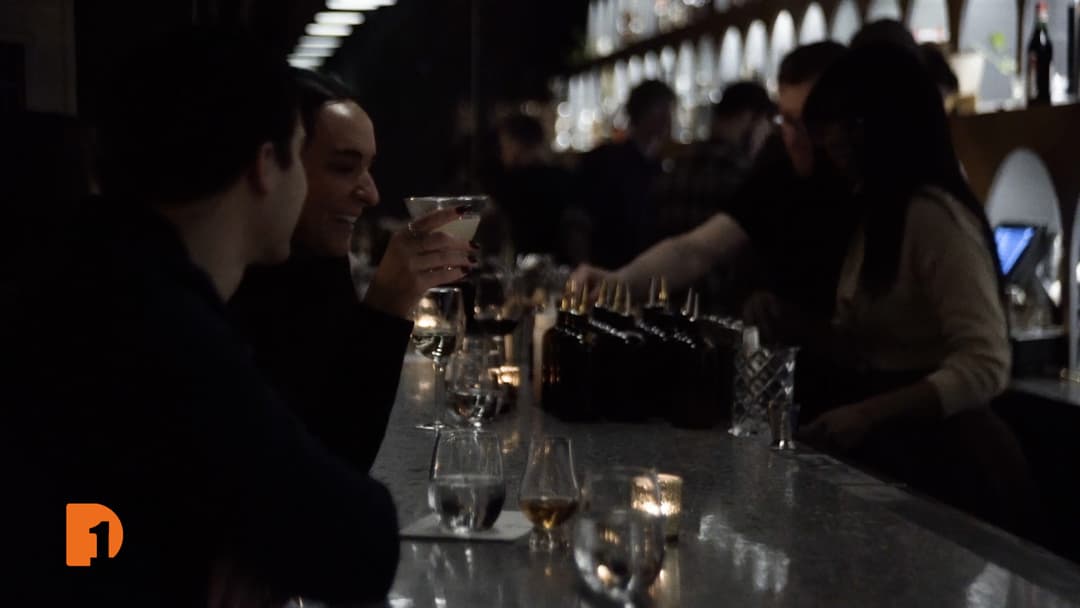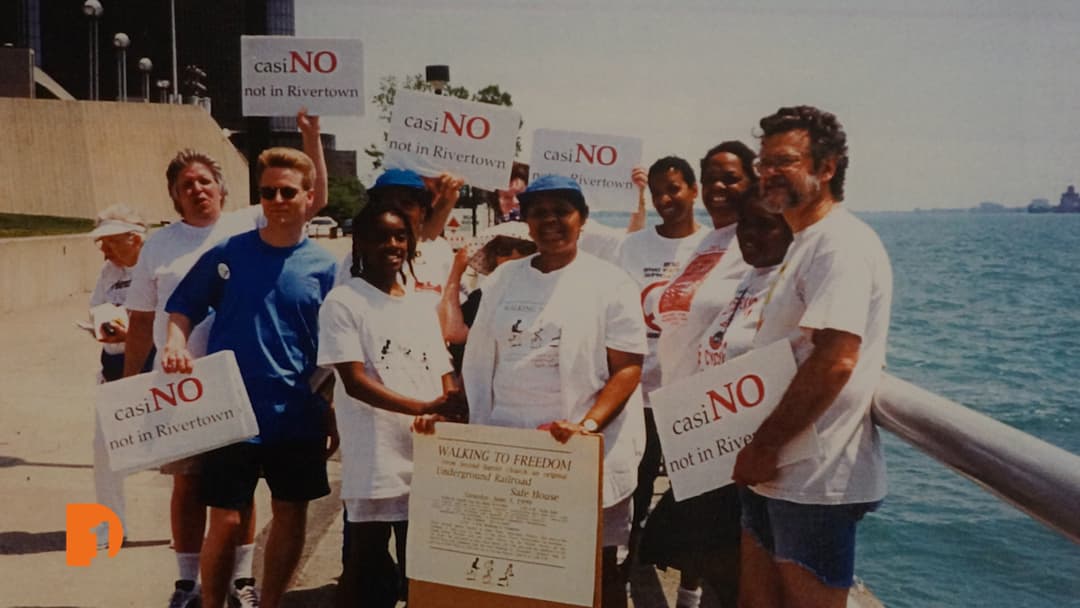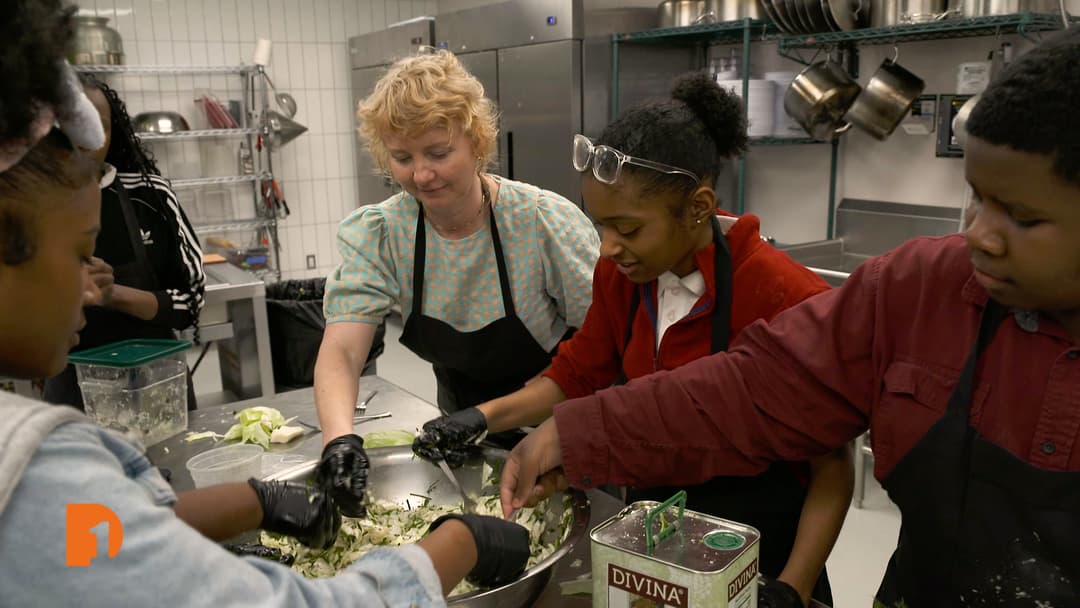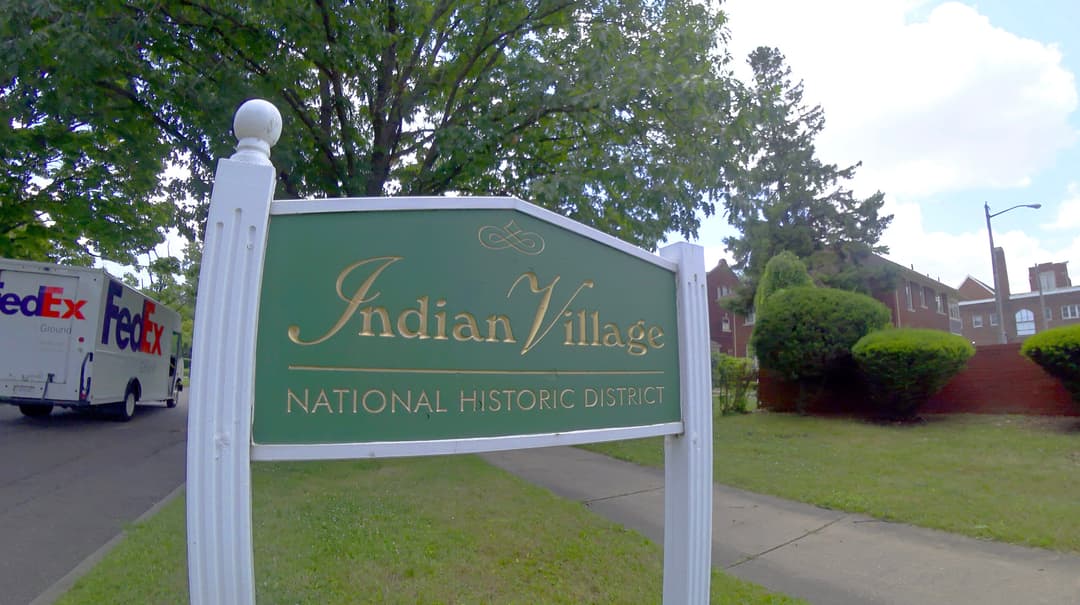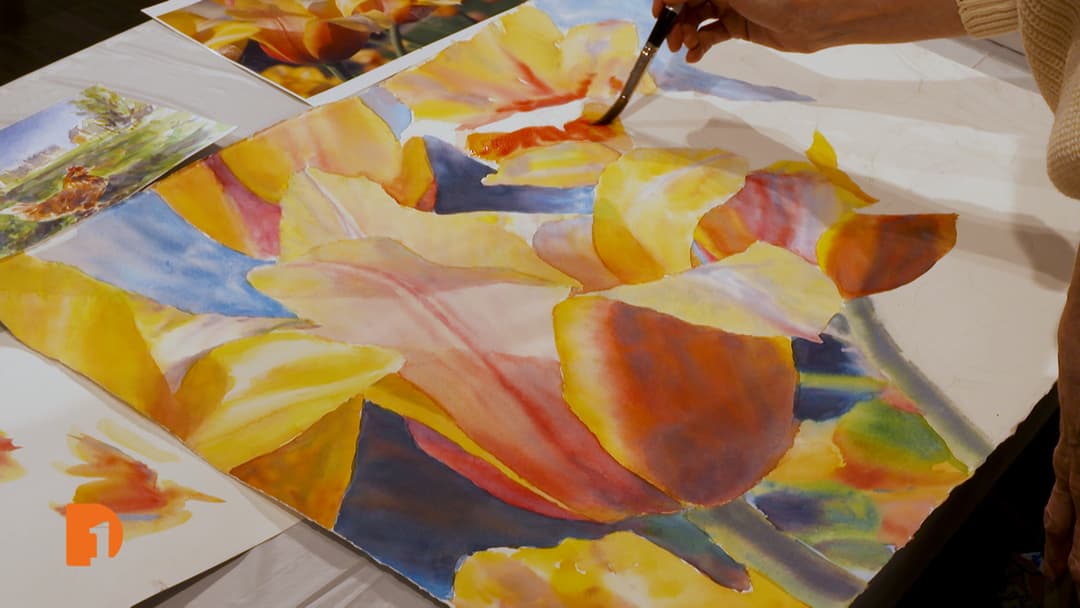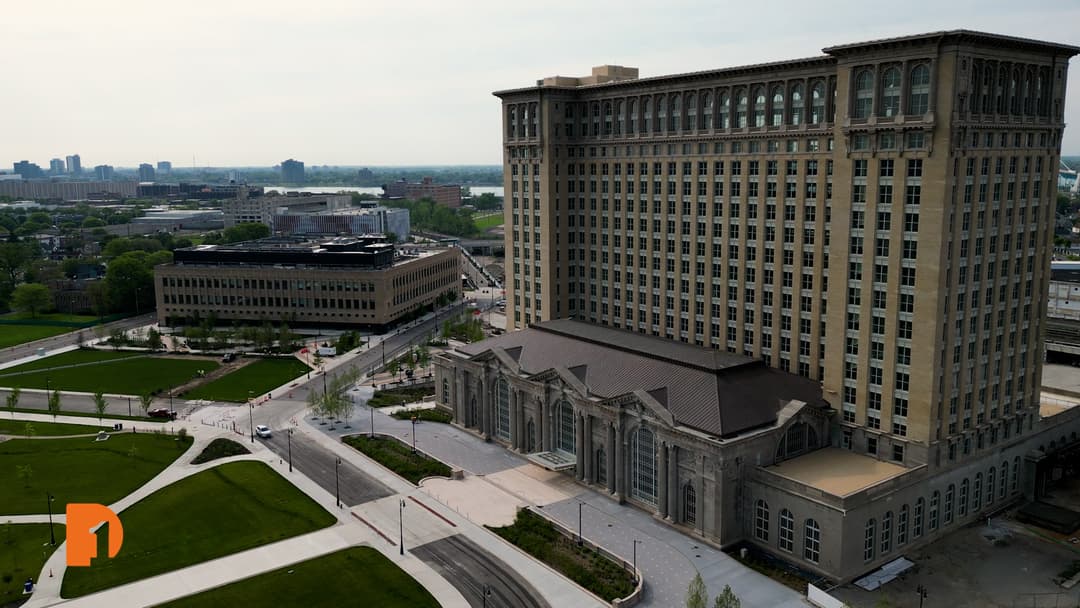Returning to the Roots: Detroit Vineyards Is Bringing Wine Making Back to the Motor City
Mar 14, 2022
While some might think owning and operating a vineyard in Detroit might be impossible, Detroit Vineyards shows it’s not. Believe it or not, making wine in the Motor City dates back to some of the earliest days of the city’s story. Grapes used to be grown in Detroit in the late 1700s, Detroit Vineyards Winemaker Kirk Reedy shared, and the last operating winery in the city closed more than 60 years ago, but that was before Detroit Vineyards opened up in 2014.
For “Detroit Performs: Live From Marygrove,” General Manager Chris Southern and Reedy discuss the founding of their Detroit-based winery, its mission of investing in and giving back to the community, returning to the city’s wine-making roots, the wine-making process and where customers can go to get a taste.
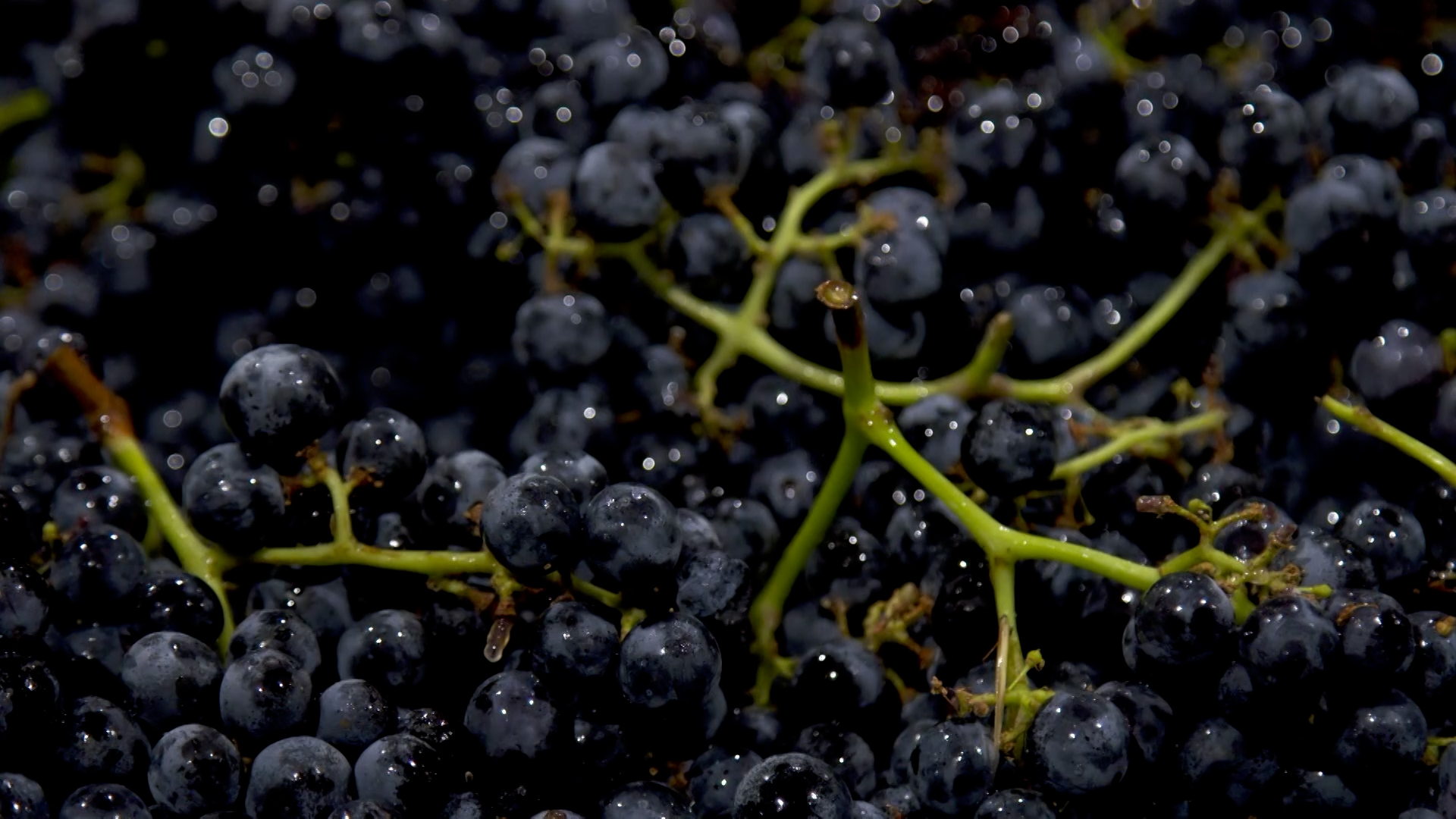
Full Transcript:
Chris Southern, General Manager, Detroit Vineyard: Our wines are kind of like the city, they’re a little edgy, but they have some class and polish.
Kirk Reedy, Winemaker, Detroit Vineyards: Establishing vineyards, making fine wine in Detroit. Some would say impossible. We’re here to say that it’s not.
Chris Southern: There hasn’t been a winery here in the city in sixty years. Detroit Vineyards was a project started in 2014, just based on the idea of the possibility of planting grapes in the city of Detroit and also having a fully functioning winery. Grapes were grown here in the late seventeen hundreds, and so really, we’re just bringing that tradition back.
Chris Southern: We’re at one thousand Gratiot Avenue, just on the border of Eastern Market in Detroit. Our winery building was originally an ice cream factory. It was the old Stroh’s ice cream factory. So we’ve taken it over and turned it into a winery.
Chris Southern: We are definitely unique here. We’re an urban winery. We’re in the city of Detroit. Other wineries I’ve worked at, you walk outside and you see mountains and vineyards, and that’s beautiful. But now we see this thriving metropolis this awesome town that’s on the Renaissance. So I think we’re unlike anything else you’d see in the wine industry.
Kirk Reedy: I never thought I would be able to work with traditional winemaking in the city limits or anywhere near Detroit. So I was very excited to join the team here and do traditional winemaking once again and also bring some of the other skills that I have picked up along the way in the form of hard cider production and made production.
Chris Southern: Everything that we sell here is crushed, destemmed, fermented, wrapped and bottled right here in the winery.
Kirk Reedy: It all starts in the vineyard. The key to great wine is great raw materials. So as a winemaker, it is important to me to have a connection to the vineyard.
Chris Southern: People have responded really well to planting vineyards in the city so far, especially because right now we’ve got vacant land and we’re creating a situation where people can look out their window in the city of Detroit and see a vineyard. So pretty scenic for where we are.
Chris Southern: So we really are invested in the city of Detroit and we want to give back to the community. So when we plant vineyards, we are working with a nonprofit organization and we will use their land, plant vineyards on their land, and then we will buy the fruit that that land produces back from them at a premium. And so that money is going to go back into the community to continue the renaissance of the city.
Kirk Reedy: The winemaking process starts with the intake of the grapes. They are removed from the stems. And in the case of red wines, the red wines are fermented in contact with the skins. The white wines are pressed into juice and then the fermentation process starts.
Kirk Reedy: In both cases of red and white wine, fermentation happens by a purposeful inoculation of yeast, which will then convert the sugars into alcohol. At that point, depending on the wine treatment, could be stainless-steel aging, settling, clarification, stabilizing. Some wines will receive oak storage for up to 24 months, depending on the variety and type of wine that we’re trying to produce.
Chris Southern: One of the benefits of having a winery in the city is that you can go and have a great meal and then you can come here and taste our wines after.
Kirk Reedy: The Detroit vineyards is not only a working winery. We are also a public hospitality space. In the public hospitality space, we offer wine tasting, which could be a flight to a glass of wine. I think more importantly, this is a place for people to gather and also anybody who’s interested in furthering their understanding of wine in the world of wine. Hopefully, people can walk away with a better understanding.
Chris Southern: So here in the tasting room, we do a couple of different kinds of flights, could do three or five-course. In some cases, we will waive your flight fee with a purchase of a bottle. You can also sit, enjoy the space and have a glass of wine, or cider or mead. So there’s plenty of ways that you can have fun here.
Kirk Reedy: Customers respond very favorably to our wines. As a winemaker, the important thing for me is to make sure that our customers find something within our product family that is enjoyable to them. Ultimately, if the consumer enjoys the wine, it is good to them.
Chris Southern: I think my favorite thing is that people are in awe of the fact that we’re doing this at all, you know, so people keep saying how cool it is.
Kirk Reedy: Oftentimes, people, when they think of wineries, wine countries, vineyards, they think of these bucolic sceneries in lovely areas. The thing that makes me proud of the winemaking process in Detroit at Detroit Vineyards is all the things that lead up to successfully getting the raw materials so we can do the best possible job in our winery.
Kirk Reedy: And also as a Michigan native, Detroit’s the premier manufacturing city in the world. Being part of the legacy that Detroit has established in the world and to have that contribution be fine wine is very rewarding to me.
Chris Southern: I think a place like Detroit Vineyard is as important to Detroit because we need to show the world that we can do stuff like this. That we’re not, you know, I think the story that’s told of Detroit still away from Michigan is that it’s very depressed here, and we don’t have things like good wines, and we want to highlight that that’s not true, that we can do that here and we will.
Subscribe to One Detroit’s YouTube Channel & Don’t miss One Detroit Mondays and Thursdays at 7:30 p.m. on Detroit PBS, WTVS-Channel 56.
Catch the daily conversations on our website, Facebook, Twitter @DPTVOneDetroit, and Instagram @One.Detroit
View Past Episodes >
Watch One Detroit every Monday and Thursday at 7:30 p.m. ET on Detroit Public TV on Detroit Public TV, WTVS-Channel 56.
Stay Connected
Subscribe to One Detroit’s YouTube Channel and don’t miss One Detroit on Thursdays at 7:30 p.m. and Sundays at 9 a.m. on Detroit PBS, WTVS-Channel 56.
Catch the daily conversations on our website, Facebook, Twitter @OneDetroit_PBS, and Instagram @One.Detroit
Related Posts
Leave a Reply
Your email address will not be published. Required fields are marked*



